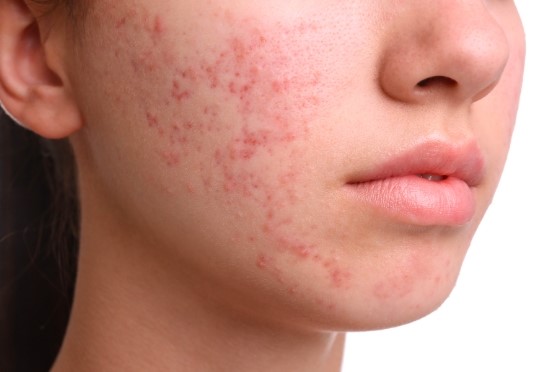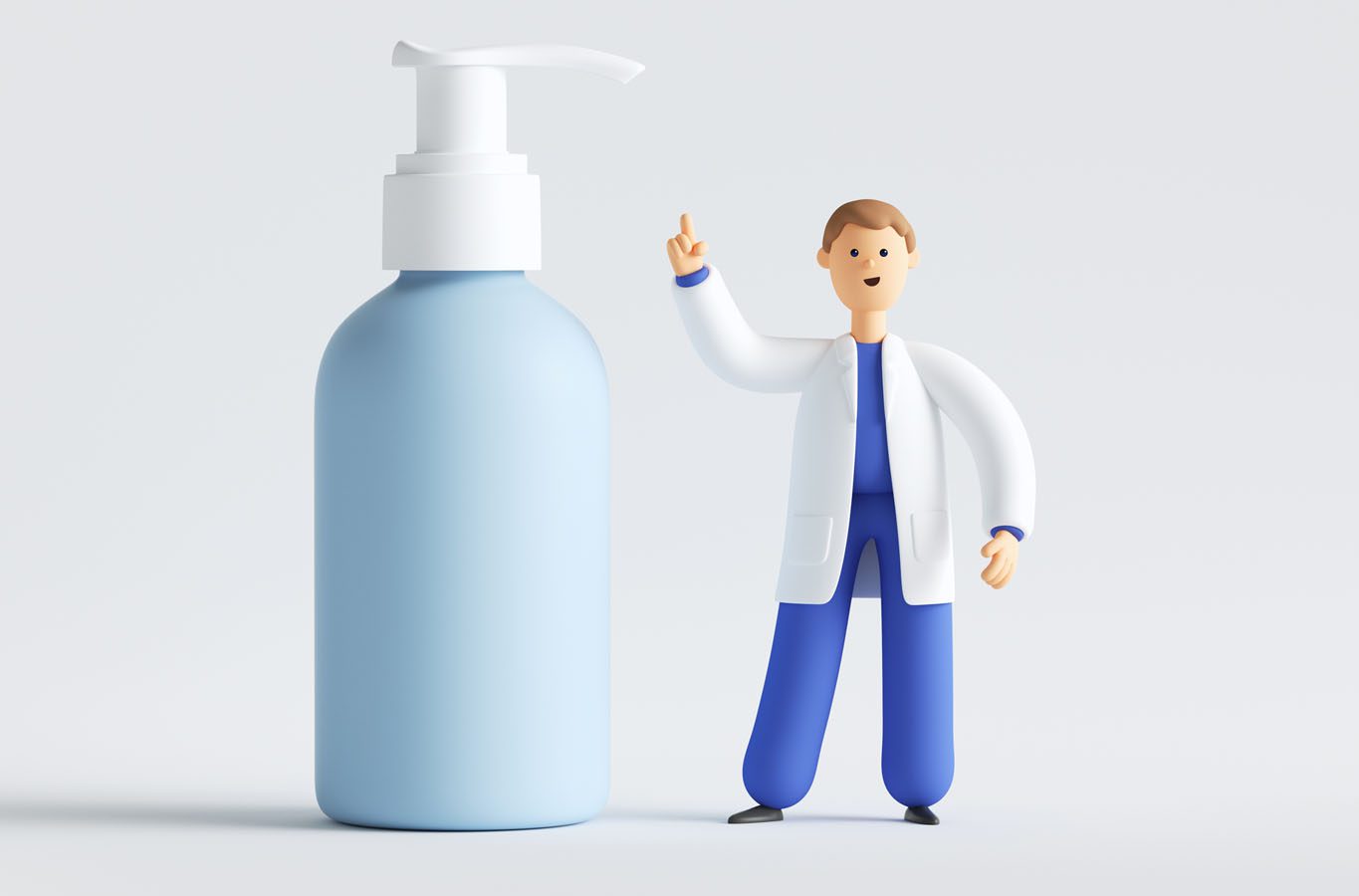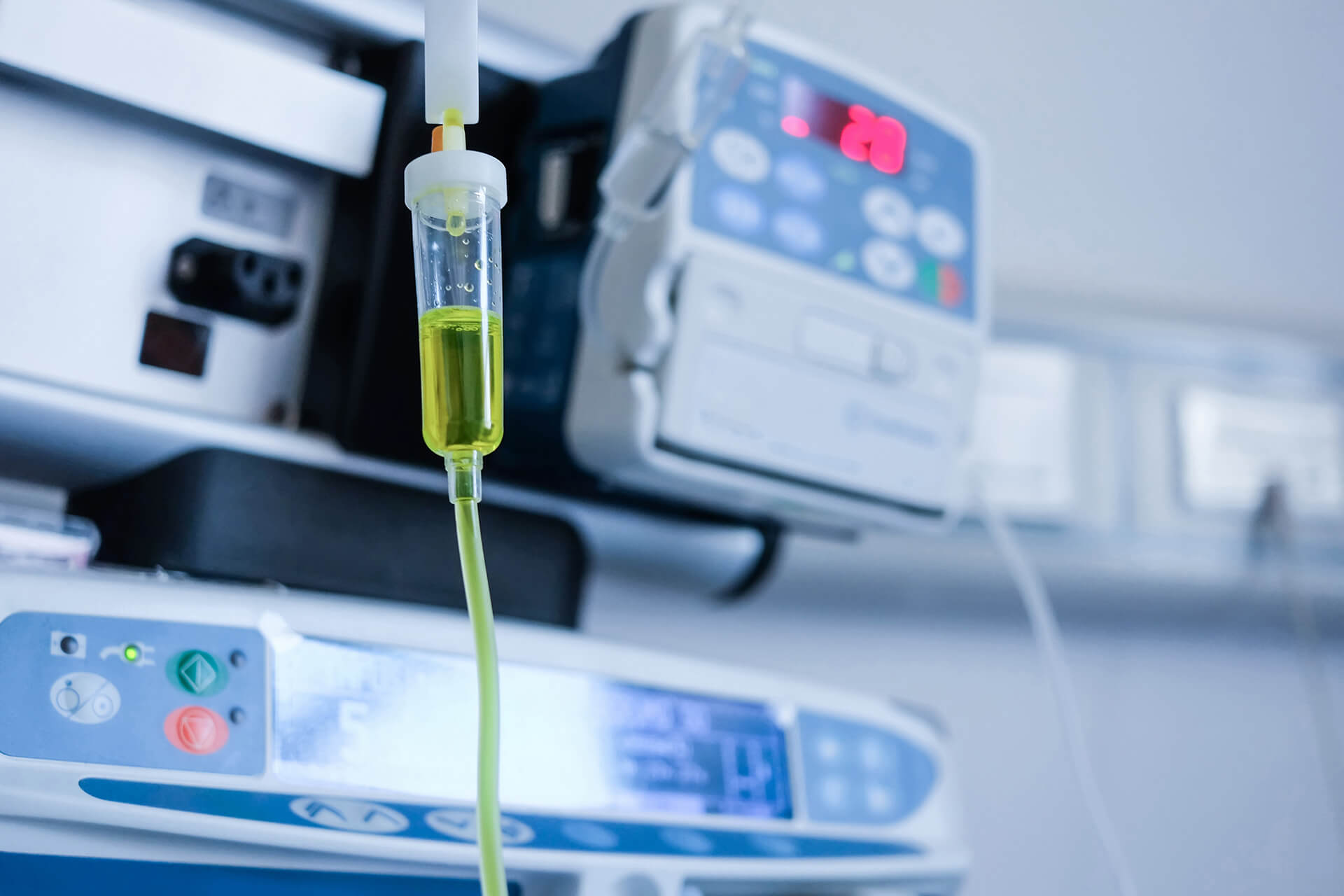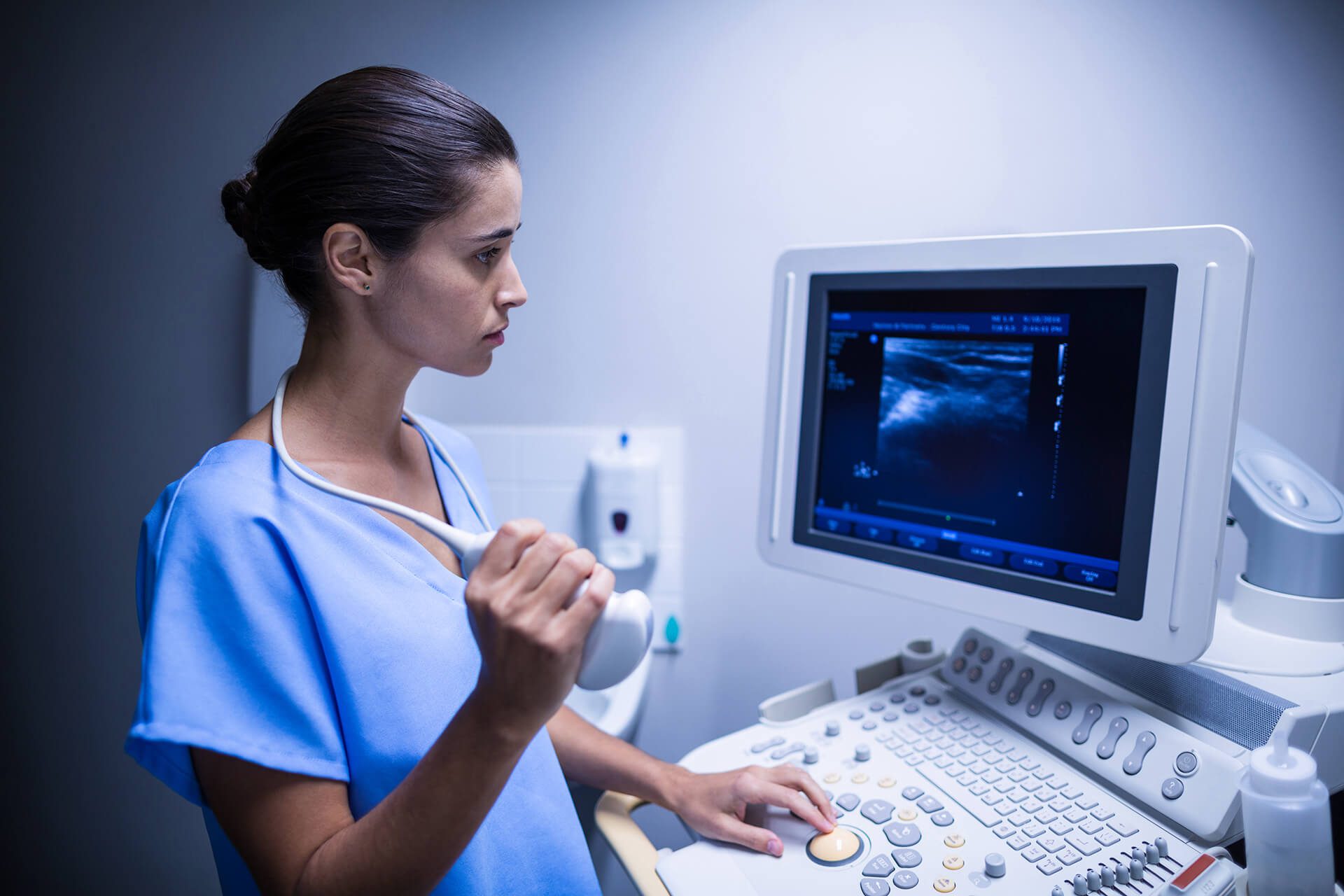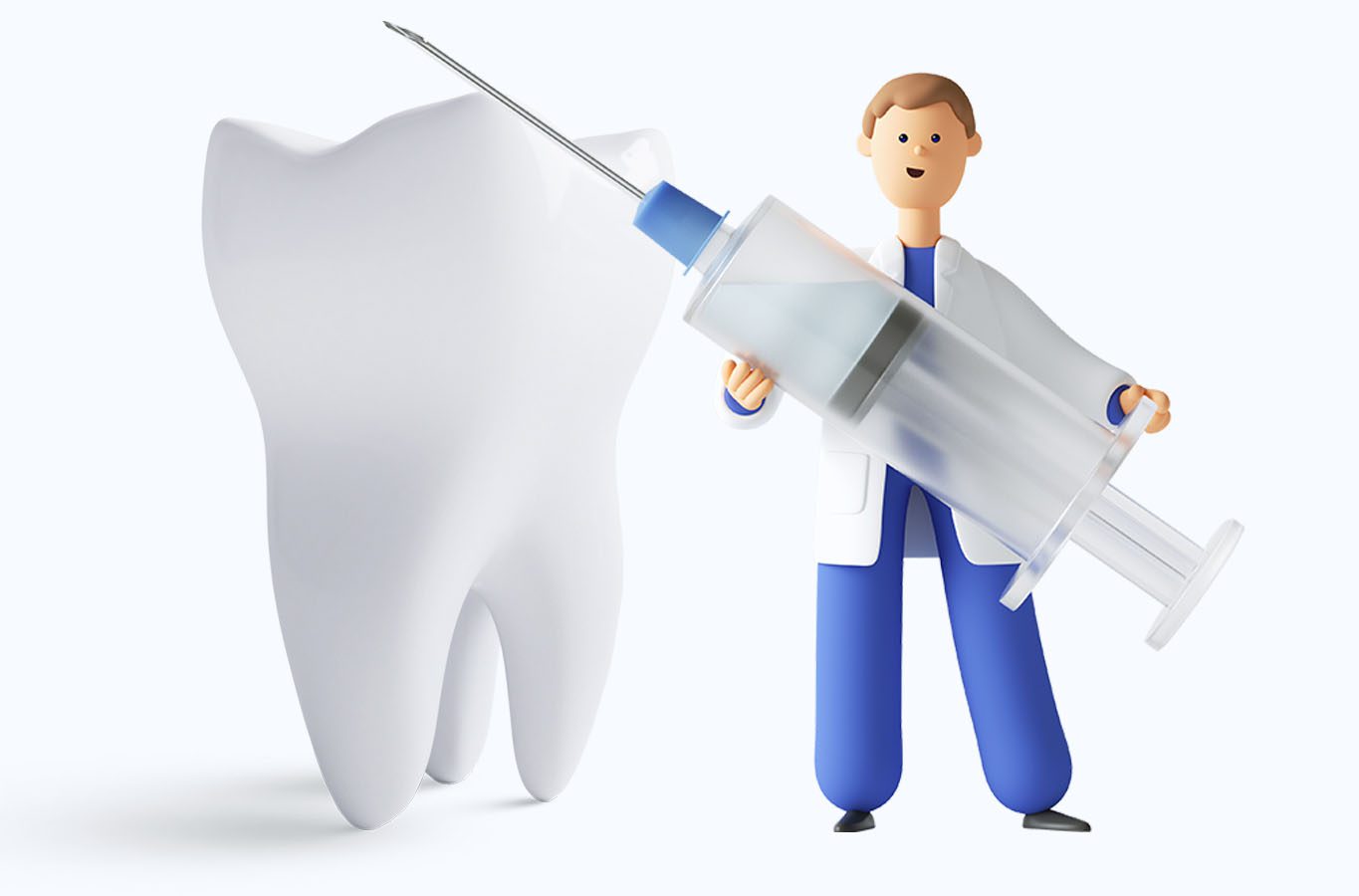Welcome to the forefront of dermatological excellence at Dr. Faiez Ghanam Dermatology, Cosmetic & Laser Center in Dubai. Embark on a transformative journey to reclaim flawless skin as we delve into the intricacies of acne scars treatment in Dubai. With over two decades of pioneering expertise, our center stands as a beacon of innovation, offering unparalleled solutions tailored to your unique skincare needs.
Acne scars serve as reminders of past battles with severe acne, often appearing as reddish or brown marks on the skin. When severe acne erupts, it can lead to the formation of fluid-filled cysts that burst, causing inflammation and damage to surrounding tissue. The resulting scars can vary in severity, ranging from minimal indentations to deep, tissue-damaging marks.
Embark on a journey to smoother, clearer skin with Dr. Faiez Ghanam Dermatology, Cosmetic & Laser Center in Dubai. Acne scars, often lingering reminders of past battles with severe acne, can take a toll on one’s confidence and self-esteem. Understanding the types and prevalence of acne scars is the first step toward finding effective acne scars treatment in Dubai. With around 80% of individuals experiencing acne at some point in their lives, the need for comprehensive acne scars treatments becomes increasingly evident. At our center, we offer a range of advanced procedures tailored to each patient’s unique needs, addressing both tissue loss and raised scars. From chemical peels to microneedling and fractional laser skin resurfacing, our experienced professionals utilize state-of-the-art technology to achieve optimal results. Say goodbye to acne scars and hello to smoother, healthier-looking skin with our personalized acne scars treatment in Dubai options.
Types of Acne Scars
- Tissue Loss Scars: These scars result from the loss of tissue when cysts burst, creating indentations on the skin’s surface.
- Raised Scars: Sometimes, the body’s healing mechanism produces excess collagen, leading to scars that protrude above the skin’s surface.
Prevalence of Acne Scars
With around 80% of individuals aged 11 to 30 experiencing acne at some point, approximately one in five individuals may develop acne scars. While dealing with acne breakouts is challenging, the additional burden of acne scarring can be emotionally taxing.
Effective Acne Scars Treatment in Dubai Procedures
Various treatment options are available to address acne scars, depending on their type and severity:
-
- Chemical Peels: These procedures involve the application of chemical solutions to exfoliate the skin, promoting the growth of smoother, blemish-free skin.
- Microdermabrasion: By gently sanding the outer layer of the skin, microdermabrasion encourages the growth of new skin cells, improving texture and tone.
- Microneedling: This procedure stimulates collagen production by pricking the skin with small needles, resulting in smoother, healthier-looking skin.
- Fractional Laser Skin Resurfacing: Using laser technology, this treatment removes the outer layer of the skin, encouraging collagen production and the growth of new skin cells.
- Dermal Fillers: Injected beneath the skin, dermal fillers help minimize acne scars by enhancing facial volume and smoothing out fine lines.
Additional Treatment Options
- Subcision: This technique involves breaking down the fibrous bands beneath the skin that cause depressions, allowing the skin to rise and smooth out.
- Platelet-Rich Plasma (PRP): PRP injections can further improve acne scars’ appearance by promoting collagen production and tissue regeneration.
Preparing for Treatment
Preparation plays a crucial role in optimizing treatment outcomes. Patients should limit sun exposure, avoid artificial tanning, and refrain from using harsh skincare products before the procedure.
Post-Treatment Care
After undergoing acne scars treatment in Dubai, patients should maintain proper skincare routines, including regular cleansing, sun protection, and moisturizing, to aid in the healing process.
Results and Expectations
While mild scars may disappear within a week, more severe scarring may require several weeks or months to achieve desired results. Combining different treatments may further enhance outcomes.
Acne Scars Treatment in Dubai at Dr. Faiez Ghanam Dermatology, Cosmetic & Laser Center
At Dr. Faiez Ghanam Dermatology, Cosmetic & Laser Center in Dubai, we offer a wide range of safe, effective, and personalized acne scars treatments. Our experienced professionals assess each patient’s unique needs and tailor treatment plans accordingly, ensuring optimal results and patient satisfaction. Whether you’re dealing with tissue loss scars or raised scars, our comprehensive acne scars treatment in Dubai options can help restore your skin’s smoothness and confidence.
What causes acne scars?
Acne scars are typically caused by inflammation within the dermal layer of the skin. When the acne pore swells, it breaks the follicle wall, leading to scars. The skin’s attempt to repair these lesions can sometimes result in an imperfect healing process, creating scars.
Can all skin types undergo acne scars treatment in Dubai?
Most acne scars treatments are suitable for all skin types. However, certain treatments may be more appropriate for specific skin tones and types. Our dermatologists will assess your skin and recommend the most suitable treatment options.
What should I do after my acne scars treatment?
Post-treatment care is crucial for optimal results. Patients should maintain a proper skincare routine, including regular cleansing, sun protection, and moisturizing. Avoid picking or scratching the treated area to prevent further irritation or scarring.
Is there a minimum age requirement for acne scars treatment?
There is typically no strict minimum age requirement for acne scars treatment in Dubai. However, our dermatologists will evaluate each patient individually to ensure that they are suitable candidates for the chosen treatment options.
How soon can I resume my daily activities after acne scars treatment in Dubai?
The downtime after acne scars treatment varies depending on the procedure performed and the individual’s response to treatment. While some patients may be able to resume their daily activities immediately, others may need to take some time off to allow for proper healing. Our dermatologists will provide personalized guidance based on your specific treatment plan.
Conclusion
The battle against acne scars need not be fought alone. At Dr. Faiez Ghanam Dermatology, Cosmetic & Laser Center, our commitment to excellence ensures that every step of your skincare journey is met with precision, compassion, and unwavering dedication. Empower yourself with the confidence to face the world with radiant, rejuvenated skin. Book your consultation today and let our esteemed dermatologists guide you towards a future adorned with confidence and vitality.
Consultation
Ready to take the first step toward smoother, scar-free skin? Schedule a consultation with Dr. Faiez Ghanam Dermatology, Cosmetic & Laser Center today. Our expert dermatologists will assess your skin condition, discuss your treatment goals, and recommend personalized acne scars treatment in Dubai plans tailored to your unique needs. Say goodbye to acne scars and hello to newfound confidence with our comprehensive acne scars treatments. Book your consultation now and embark on your journey to radiant, rejuvenated skin.


